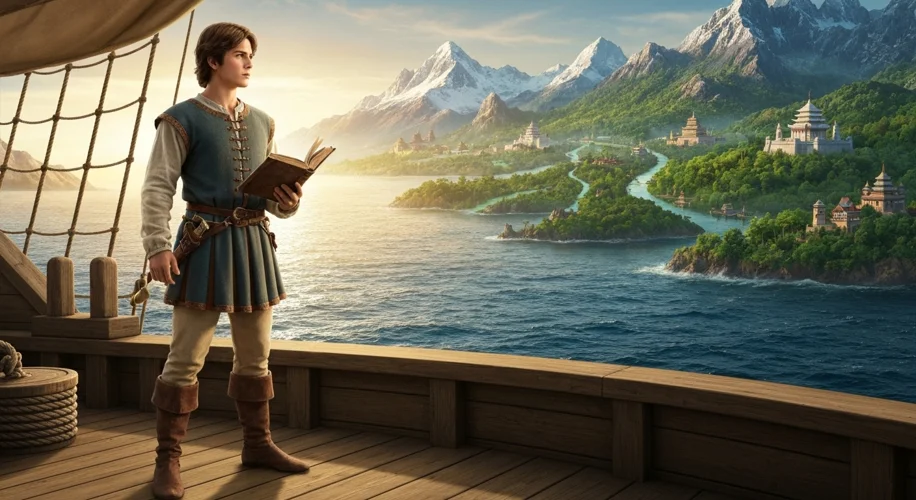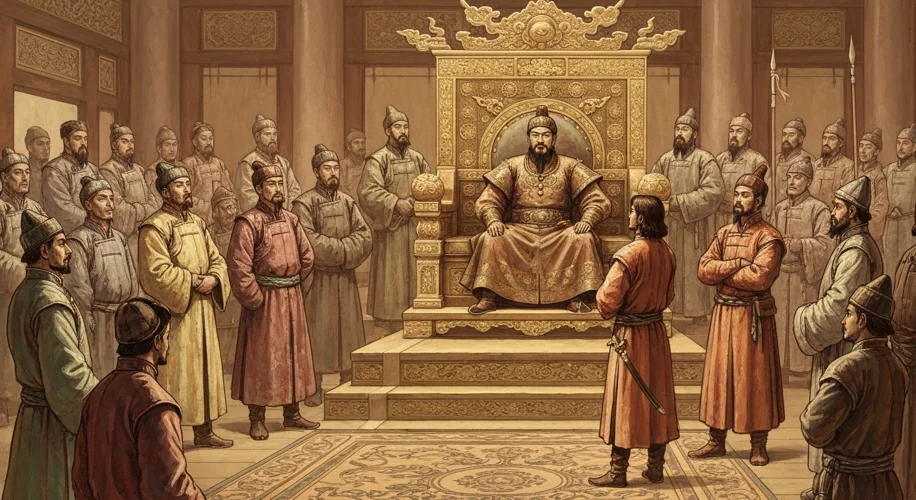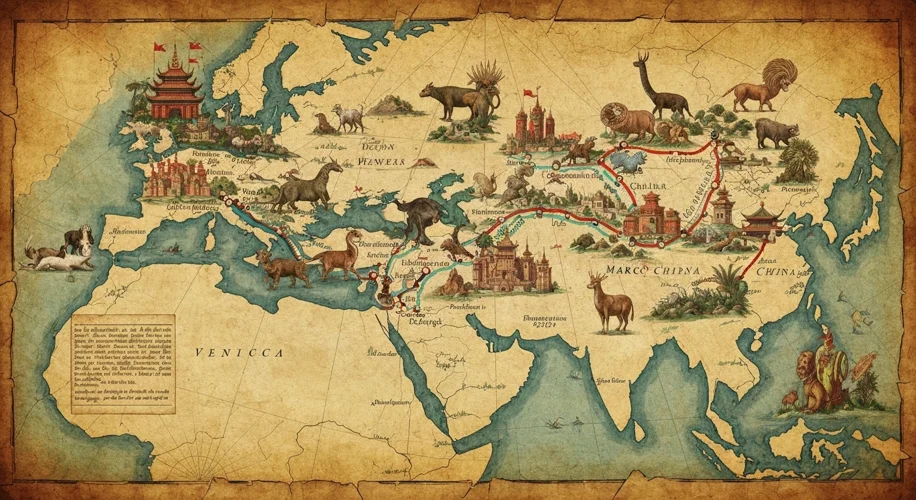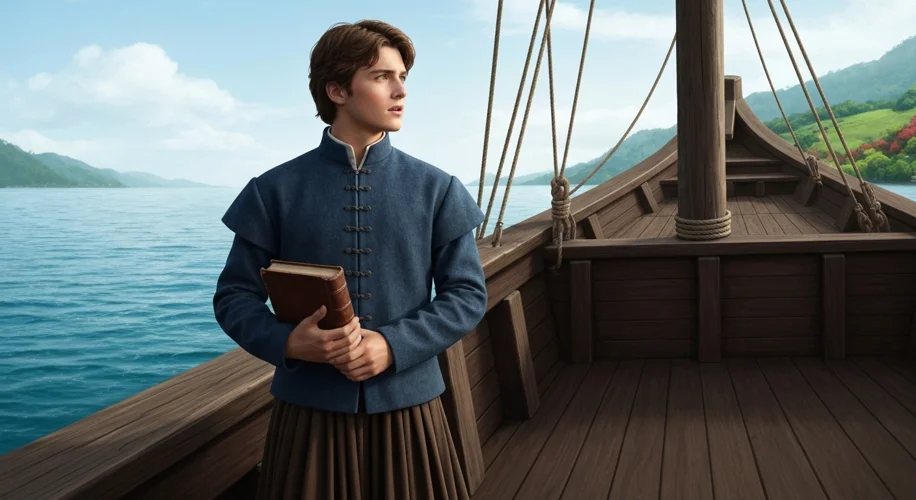The year is 1271. Imagine Venice, a city of shimmering canals and bustling markets, a hub of commerce where East meets West. Amidst this vibrant tapestry, a young man named Marco Polo, barely seventeen, stands on the precipice of an adventure that would echo through centuries. He was a Venetian merchant, born into a family with a taste for the exotic, his father and uncle already seasoned travelers to the distant lands of Asia.
Their destination: the fabled Orient, a realm of silks, spices, and untold riches, all under the vast dominion of the Mongol Empire. This was no mere trading expedition; it was a journey into the unknown, a plunge into a world utterly alien to 13th-century Europe. Their patron was none other than Kublai Khan, the grandson of Genghis Khan and the ruler of an empire stretching from the Pacific Ocean to Eastern Europe.

The Polos embarked on a perilous overland route, a trek that would take them through deserts that shimmered with mirages, over treacherous mountain passes, and across vast steppes. Marco, ever observant, absorbed every detail of this alien world. He witnessed customs, religions, and technologies that defied European comprehension. He saw cities of unparalleled grandeur, like the magnificent capital of Kublai Khan, Khanbaliq (modern-day Beijing), a city of bustling palaces and thriving commerce.
His account, “The Travels of Marco Polo,” penned years later with the help of Rustichello da Pisa while imprisoned in Genoa, paints a vivid picture of this incredible journey. Marco described paper money, a concept revolutionary to Europeans who relied on precious metals. He marveled at the use of coal for fuel, the intricate postal system that connected the vast empire, and the sophisticated bureaucracy that governed it.
One of the most astonishing revelations was the sheer scale of Kublai Khan’s court. Marco described the emperor’s opulent lifestyle, his vast palace adorned with gold and precious stones, and his seemingly endless supply of food and entertainment. He recounted how Kublai Khan, impressed by Marco’s intelligence and adaptability, employed him in various administrative roles, sending him on missions throughout the empire. This allowed Marco to witness firsthand the diversity of cultures and peoples under Mongol rule, from the Buddhist monks of the East to the Muslims of Central Asia.
His descriptions of the East were so fantastical, so removed from European experience, that many of his contemporaries dismissed them as tall tales. When Marco returned to Venice in 1295, after 24 years away, he brought back not only riches but also stories that seemed too incredible to be true. He spoke of a land where spices grew in abundance, where cities were lit by lamps burning whale oil, and where an emperor commanded an army of a million men.

Despite the initial skepticism, Marco Polo’s book gradually gained traction, inspiring a generation of explorers and merchants. His meticulous observations and vivid descriptions ignited the European imagination, fueling a desire to discover the riches and wonders of the East. Christopher Columbus, for instance, carried a copy of Polo’s travels with him on his westward voyage, hoping to find a new route to the Indies.
The impact of Marco Polo’s journey was profound. He didn’t just bring back tales of exotic lands; he brought back knowledge that fundamentally altered Europe’s perception of the world. His book became a foundational text for the Age of Exploration, a testament to the power of curiosity and the enduring human spirit of discovery. It was a bridge between two worlds, a testament to the fact that even the most daunting journeys can yield the most extraordinary rewards.
Marco Polo’s legacy is not merely that of a merchant who traveled far, but of a man who, through his keen eyes and unforgettable words, opened Europe’s eyes to a world it had only dreamed of. His voyage remains an enduring symbol of the transformative power of venturing beyond the familiar, a reminder that the greatest treasures often lie hidden in the furthest corners of the earth.


